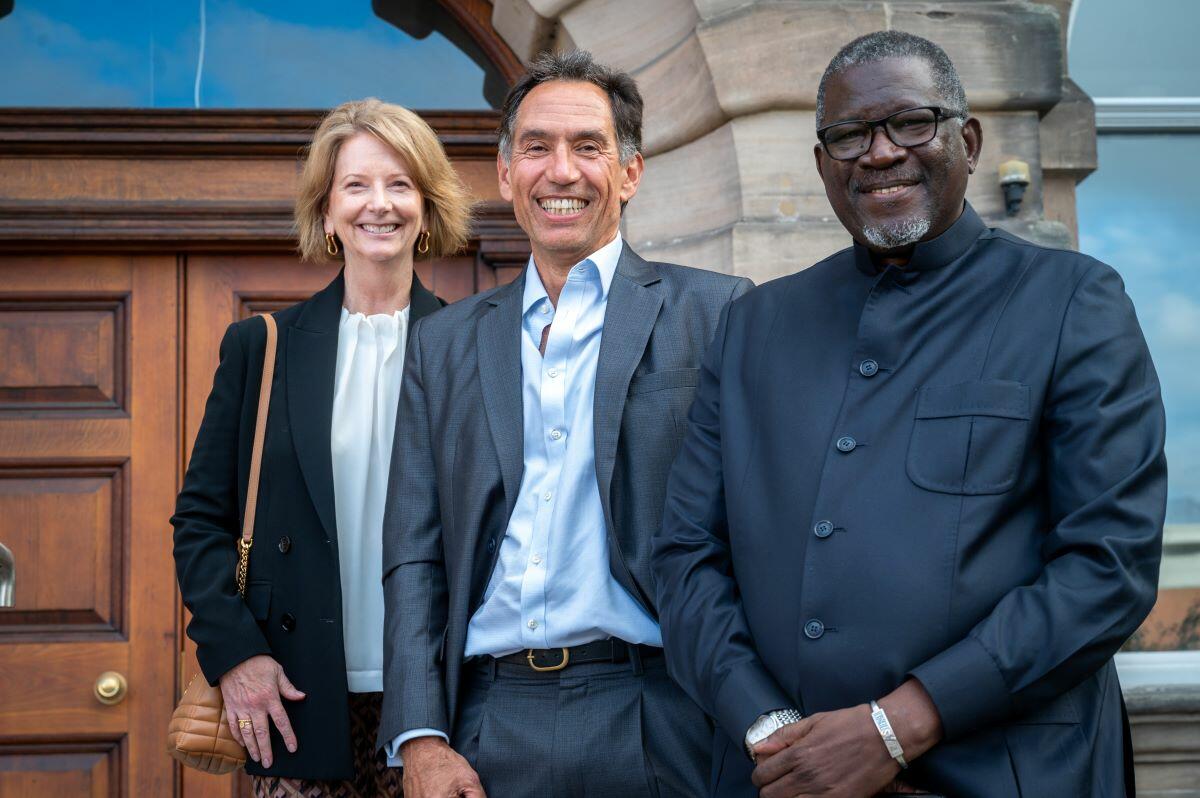
Liverpool School of Tropical Medicine welcomed Julia Gillard, Chair of Wellcome Trust and former Prime Minister of Australia, for a special visit to discuss advancing science that drives equitable health outcomes around the world.
Gillard met with senior leaders, including LSTM Vice-Chancellor Professor David Lalloo and Chancellor Elhadj As Sy, who is also a Wellcome board member, and Professor Henry Mwandumba, Director of the Malawi-Liverpool-Wellcome Programme (MLW), a trailblazing international research and education partnership.
She led a session with LSTM researchers that focused on gender equity in health and research, sharing insights from her own career in championing access and empowering women to take up leadership positions across society.
Gillard also joined discussions on the importance of building equitable international partnerships and working with communities to deliver resilient health systems.
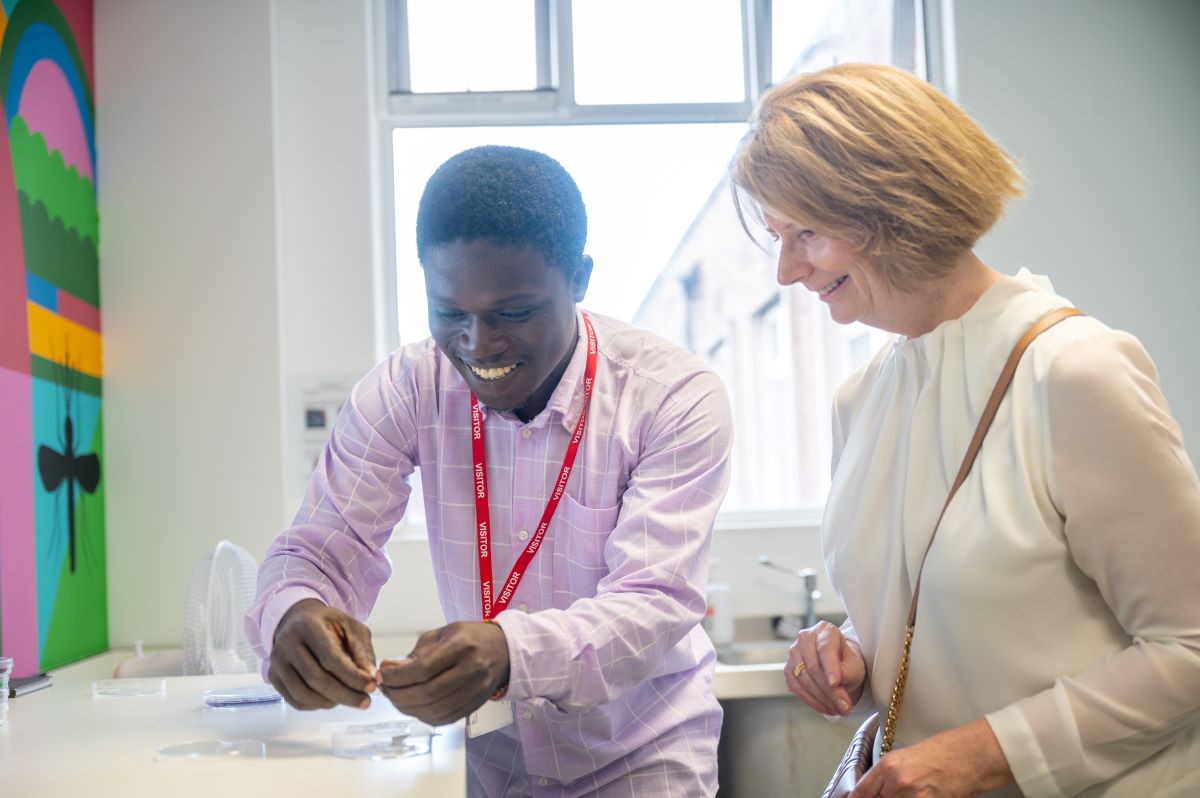
She later toured the £8m Human Challenge Facility, LSTM’s specialist clinical trials unit that will accelerate the development of new treatments and vaccines for infectious diseases, and insectaries that play a crucial role in combating vector-borne disease.
During her talk, Gillard reflected on her experiences in helping to transform political representation for women in Australia and as the country’s first female Prime Minister, on establishing the Global Institute for Women’s Leadership (GIWL) at King’s College London that leads research into gender inequality issues, and as Chair of Wellcome Trust.
She discussed GIWL’s research that showed how social attitudes to gender equality were becoming more regressive globally, especially among younger generations of men.
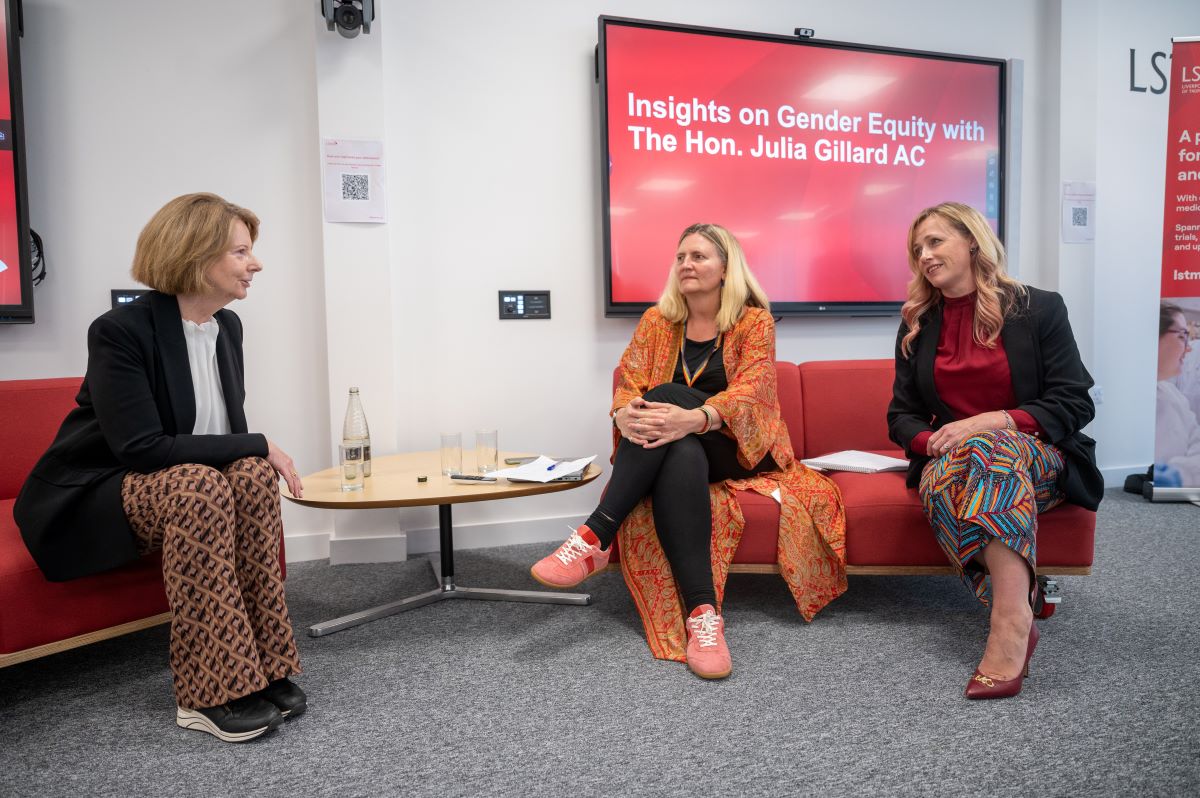
She said: “It’s a big challenge to all of us to go back to first principles, and to ask ourselves what the campaign for gender equality has always been about. It is [sometimes] received in the community about something wholly to do with women, which has given the sense that this is a zero-sum game, that more for women necessarily means less for men. Whereas the research on gender equality tells us very clearly that more gender equal societies and communities are better for women and for men.
“When we rise, we rise together. It actually creates a better world, better community, more opportunities, for both men and women. So I think it’s very important that [we] are now retooling and putting a different version forward of what a more gender equal society would mean for all.”
She also discussed the role as Chair at Wellcome and how their funding allocations also play a significant role in tackling gender inequality.
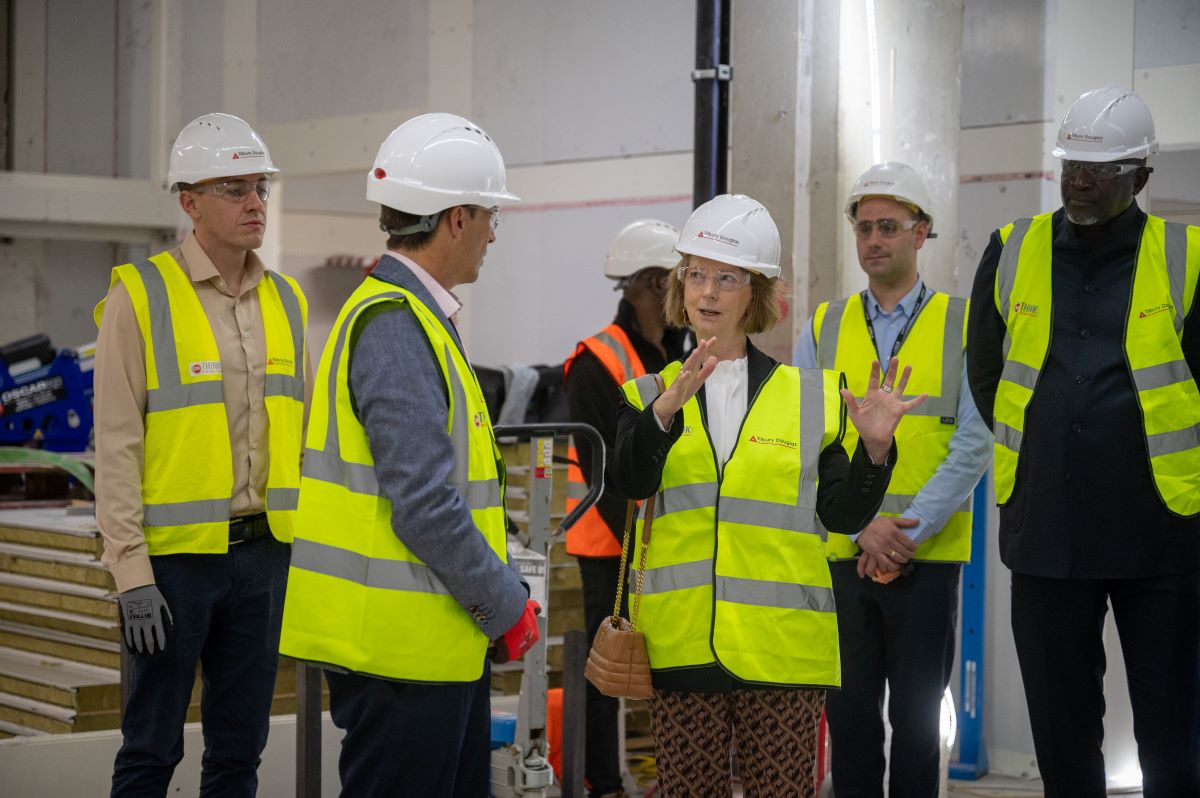
“At Wellcome Trust, we obviously spend a lot of time thinking about our strategy and the impact we can have in the world, about our funding intersections with low- and middle- income countries.
“We continue too to be focused on gender dimensions, race dimensions and other characteristics of who we fund, here in the UK and globally. What we can say from our research portfolio is in recent years we have funded more women Principal Investigators than men, but that has come off a lower base of women being funded…and the highest value research grants are disproportionately going to male-led research teams. It’s on us, and we certainly accept this obligation, to keep working and assessing why that is.”
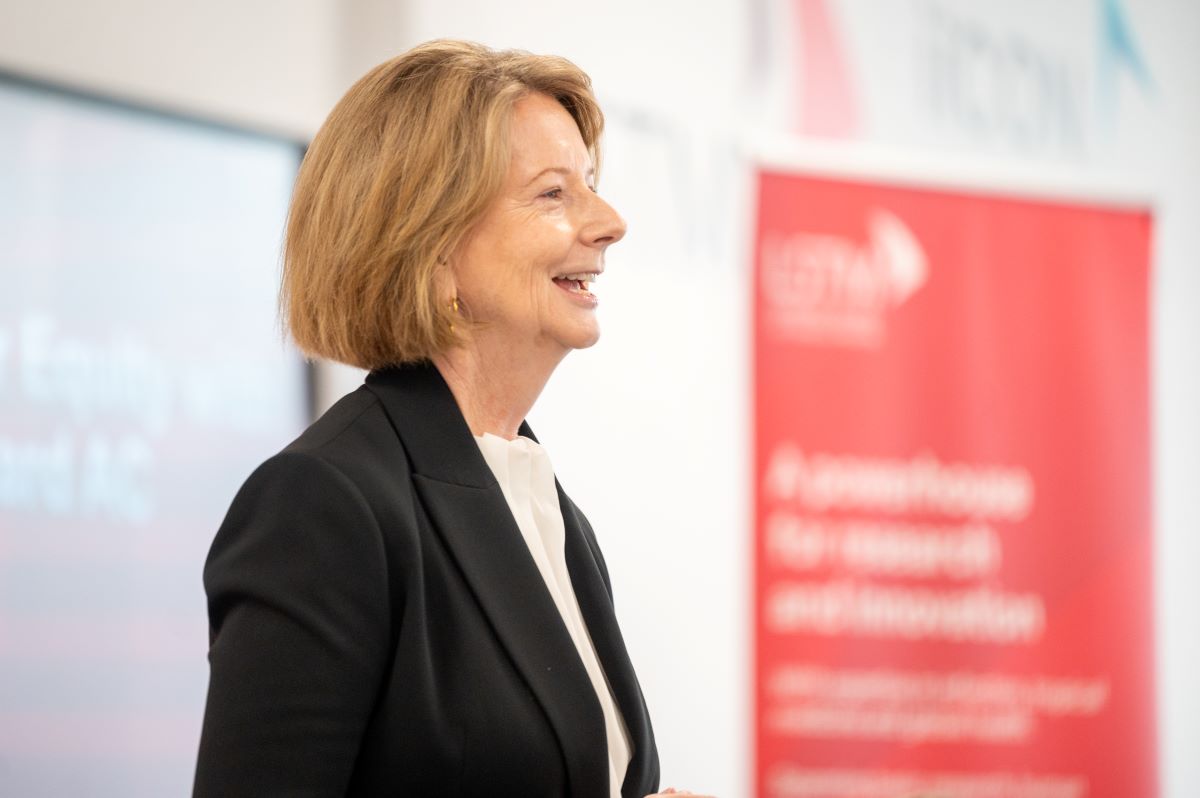
Professor Lalloo said: “We were delighted to welcome Julia to Liverpool School of Tropical Medicine. LSTM and Wellcome share a commitment to delivering equitable research that addresses the most urgent global health challenges.
“We have a proud shared history, most notably through MLW, a 30-year equitable research collaboration with Wellcome, the University of Liverpool and Kamuzu University of Health Sciences that has led significant interventions against diseases like malaria, TB and HIV.
“Julia is a committed advocate for equality and improving access to education and healthcare, and we were pleased to be able to share details of LSTM’s own journey towards equitable partnerships and delivery of gender equity in our research and education.”